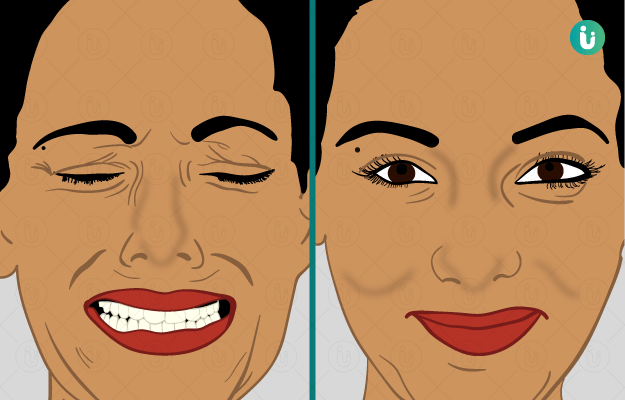What is bipolar disorder?
Bipolar disorder is a mental health condition in which a person has alternating moods of extreme happiness and depression. It is also called manic depression and affects the daily life of an individual.
What are its main signs and symptoms?
The mood where a person has high energy levels is called mania.
- During this mood, they show excessive happiness and positivity, indulging in spontaneous activities like generous gifting or overzealous shopping.
- They may also be irritable and have hallucinations or believe in unreal things.
The polar opposite of this mood is depression where a person feels sad, gloomy and disinterested in everything.
- The depressive phase resembles clinical depression, where a person does not want to interact with others or participate in routine activities.
- They may even have suicidal thoughts.
In between these moods, a patient with bipolar disorder may exhibit periods of normal behaviour. There is no set pattern, and each phase can last from weeks to months.
What are the main causes of bipolar disorder?
There is no known cause for bipolar disorder. There is a lot of ongoing research, but only risk factors have been identified until now.
- The structure of the brain is said to be one of the factors that influence the occurrence of this condition.
- If a parent or grandparent has bipolar disorder, the children are at higher risk of suffering from it.
- Other factors which contribute to bipolar disorder are extreme psychological stress, trauma or even a physical illness.
How is it diagnosed and treated?
Bipolar disorder is difficult to diagnose since it does not present with physical symptoms and because moods vary from person to person.
- A psychiatrist conducts a thorough evaluation of a person’s mental health through various activities and tasks. A mood journal maintained by the patient can also help with diagnosis.
- There are several mental health tests available to confirm bipolar disorder based on psychological symptoms.
- The doctor also conducts a physical examination and some blood tests to rule out other illnesses.
The treatment for bipolar disorder includes moderating moods through medications, therapy and lifestyle alterations.
- Medicines prescribed include anti-depressants and anti-psychotic drugs.
- Therapy methods include inter-personal therapy where the focus lies on gaining control of routine habits like sleeping and eating.
- Cognitive therapy is a method where a psychiatrist talks to a patient about controlling his/her behaviour through changes in the thought process.
Other self-care methods include seeking the support of a dear one, maintaining a fixed routine daily, identifying mood swings and trying to gain control of them with an expert’s help.

 Doctors for Bipolar Disorder
Doctors for Bipolar Disorder  OTC Medicines for Bipolar Disorder
OTC Medicines for Bipolar Disorder



















